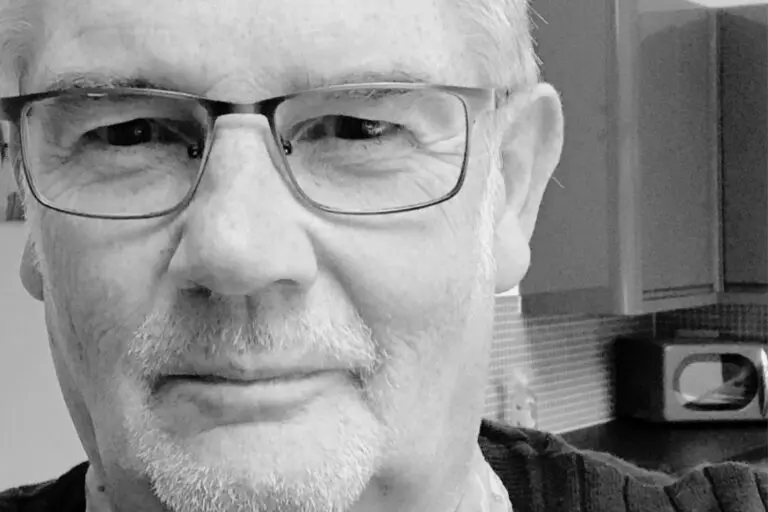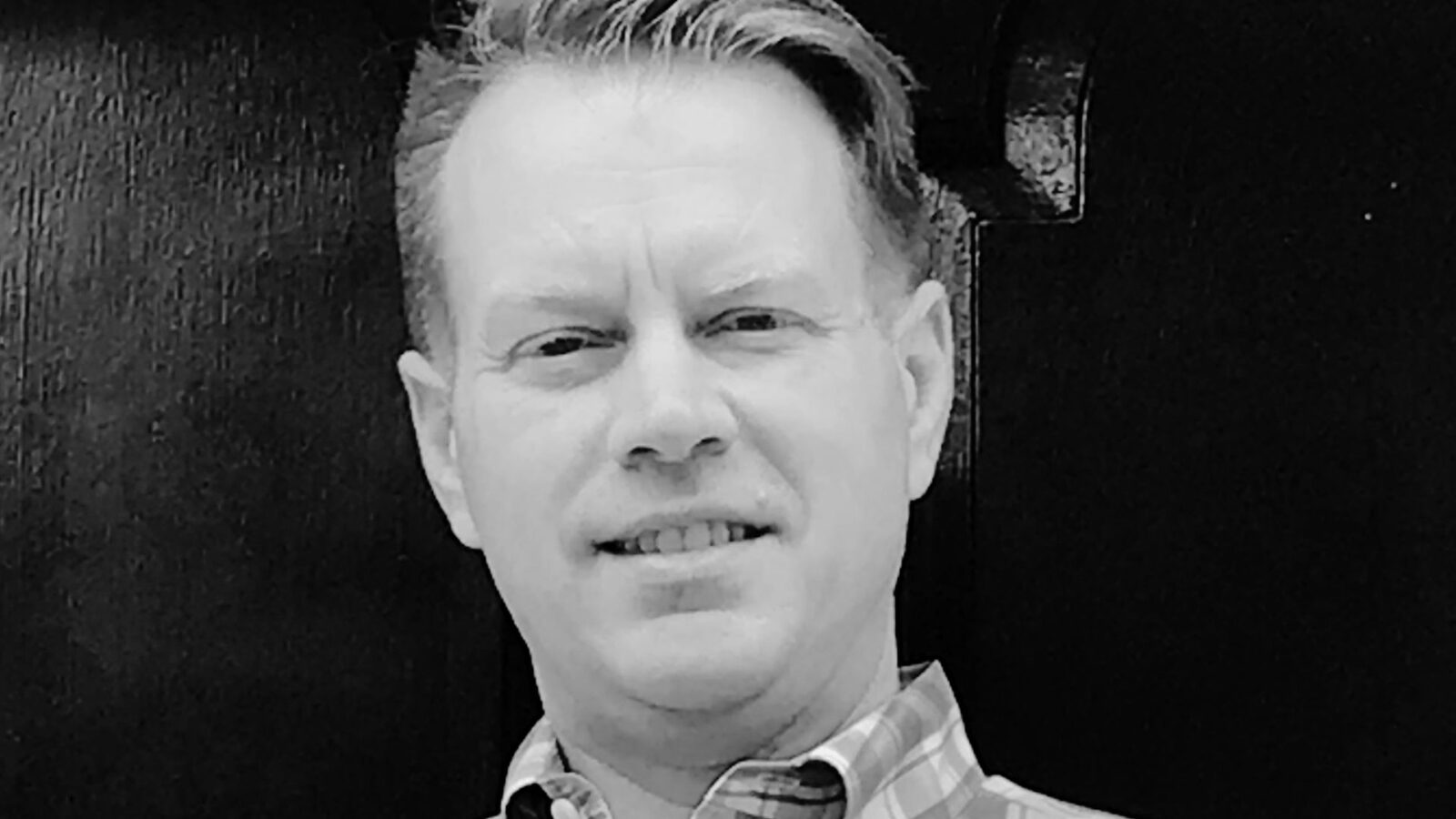Act with writing or without it is a big question in front of every writer. However, living with your characters and dream it is every writer's need. Stewart shared his real experience living with writing and how did he gear up slowly in writing.
Bint talked about his inspiration, motivation, and excellent process of writing. Keeping a constant habit of writing is that important and as long as you aspire to write.
Stewart Bint is an international novelist published by Creativia, and Dragon Moon Press. Journalist/magazine columnist. Active awareness campaigner for mental health and sepsis. Named on the 2016 list of “Inspirational Mental Health Advocates that are changing the world.” Previous roles include radio presenter, newsreader, and phone-in host. Married to Sue, with two grown-up children, Chris and Charlotte, and a charismatic budgie called Bertie. Bint lives in Leicestershire, UK. Usually goes barefoot.
What inspired you to write about “To Rise Again” and what was the motive behind it and why?
The inspiration for To Rise Again came from visiting the underground hospital on Jersey, one of the Channel Islands, when I was there on honeymoon 40 years ago. The hospital was built during the German occupation of Jersey in the Second World War.
My motive behind writing it was to show that the spectre of war still hangs over the Western world, despite the years of peace since World War ll ended. And that spectre's been brought even nearer to Europe with Russia's recent attack on Ukraine.
What do you do when you are tired of writing? Please tell us at what age you had started writing, and what was your first novel?
Away from writing I enjoy hiking in the lovely countryside near my home in Leicestershire in the UK, and watching tennis. Also, sitting in my garden in the sunshine.
I started writing when I was seven years old, inspired by watching the original TV series of Doctor Who in 1963. I became enraptured by the storylines which could take place at any time in Earth's history and future, and anywhere in the universe and beyond. I created my own worlds and characters, writing my stories in little blue notebooks until my parents bought me a portable typewriter for my ninth birthday.
Those make-believe worlds became invaluable after my Dad died when I was 11. I retreated more and more into those fictional places where I was in control of my characters' fate, knowing that whatever happened to them during the story, I could make sure they were okay at the end. My worlds were certainly better than the real one at that time.
My first published novel, In Shadows Waiting, came out in 2015. It's set in 1983 when the main character is 18. Now, with three more novels and a collection of short stories in my back catalogue, I'm working on a sequel to In Shadows Waiting set in 2020 and 2021 when that same character is 56 and 57.
How long you write in a day. What is your best writing posture and why that particular posture is best suited for you that runs you longer?
I write for at least three hours every day, and often considerably longer. Fortunately, I have a comfortable office at home where I can shut myself away to write and ensure I meet my daily targets. Having suffered a serious blood clot in my lung in 2018 I'm very aware of the need to take regular breaks, and walk around my house and garden.
What was the year you have decided that you have to live with writing and why you started writing? Therefore, the inspiration source for you as well.
It became obvious from a very young age that I'd starve if I had to try and earn a living from numbers because I'm appalling at any form of maths. As I'd been introduced to writing through my stories in those blue notebooks, I decided my future lay with words and began training as a journalist in 1974, and went on to work as a radio broadcaster, reading the news and presenting current affairs programmes. I switched to Public Relations writing in 1986, and combined that with being a novelist from 2015, before retiring from PR last year to focus on my new book.
Inspiration for my novels comes anywhere and anytime, and has included a walk in Cranford Park in London, reading an article on the Chernobyl disaster, interviewing the British Prime Minister during my radio days, and a couple of real-life brushes with the supernatural. While walking to the hairdressers on the morning I answered this question, an idea suddenly came to me out of nowhere for a way of making the climax of my current book more exciting.
What are the books on your shelves? Please enlist a few names for your readers.
As well as timeless classics such as the full collection of Sherlock Holmes stories by Sir Arthur Conan Doyle; The Picture of Dorian Gray by Oscar Wilde; Bram Stoker's Dracula; The Haunting of Hill House from Shirley Jackson; the wonderful Catch 22 by Joseph Heller; and my all-time favourite A Wrinkle In Time by Madeleine L'Engle, I have a growing collection of signed first editions by more recent authors. These include the dystopian thriller The Phoenix Project by D.M. Cain; The Sharpened Fangs of Lupine Spirit from H.G. Sansostri; The Nature Of The Witch by Helen Norwood; Secrets Of The Forest by Helena Brady; In It For the Long Run from A.V. Turner; Beginnings by Judy Ferrell; and all four novels in Tony R. Cox's Simon Jardine crime thriller series.
What is your favourite quote that awakes the writer in you and makes you feel to write it now?
I'm going with a quote from prolific author Jeffrey Archer, which sums up for me what writing is all about:
Don't call me a writer because I'm not. I'm a storyteller.
Jeffrey Archer






